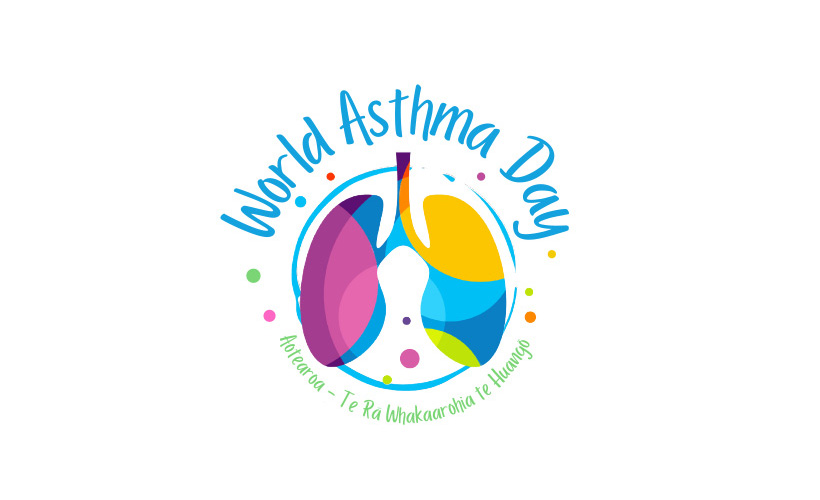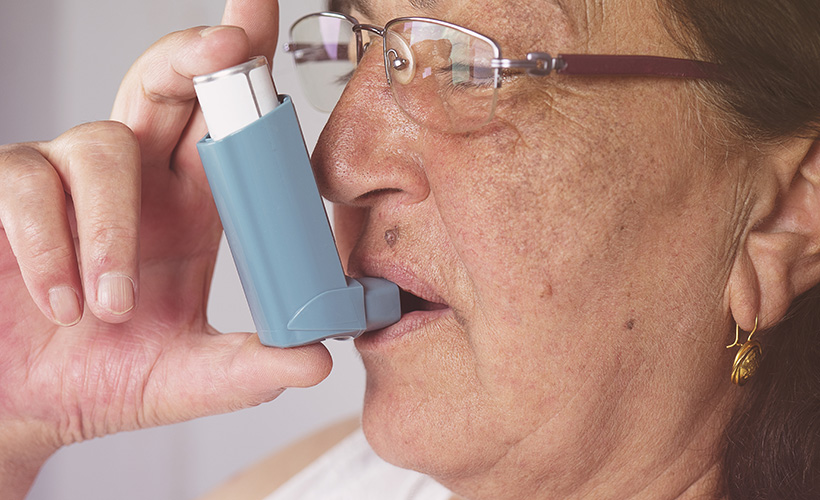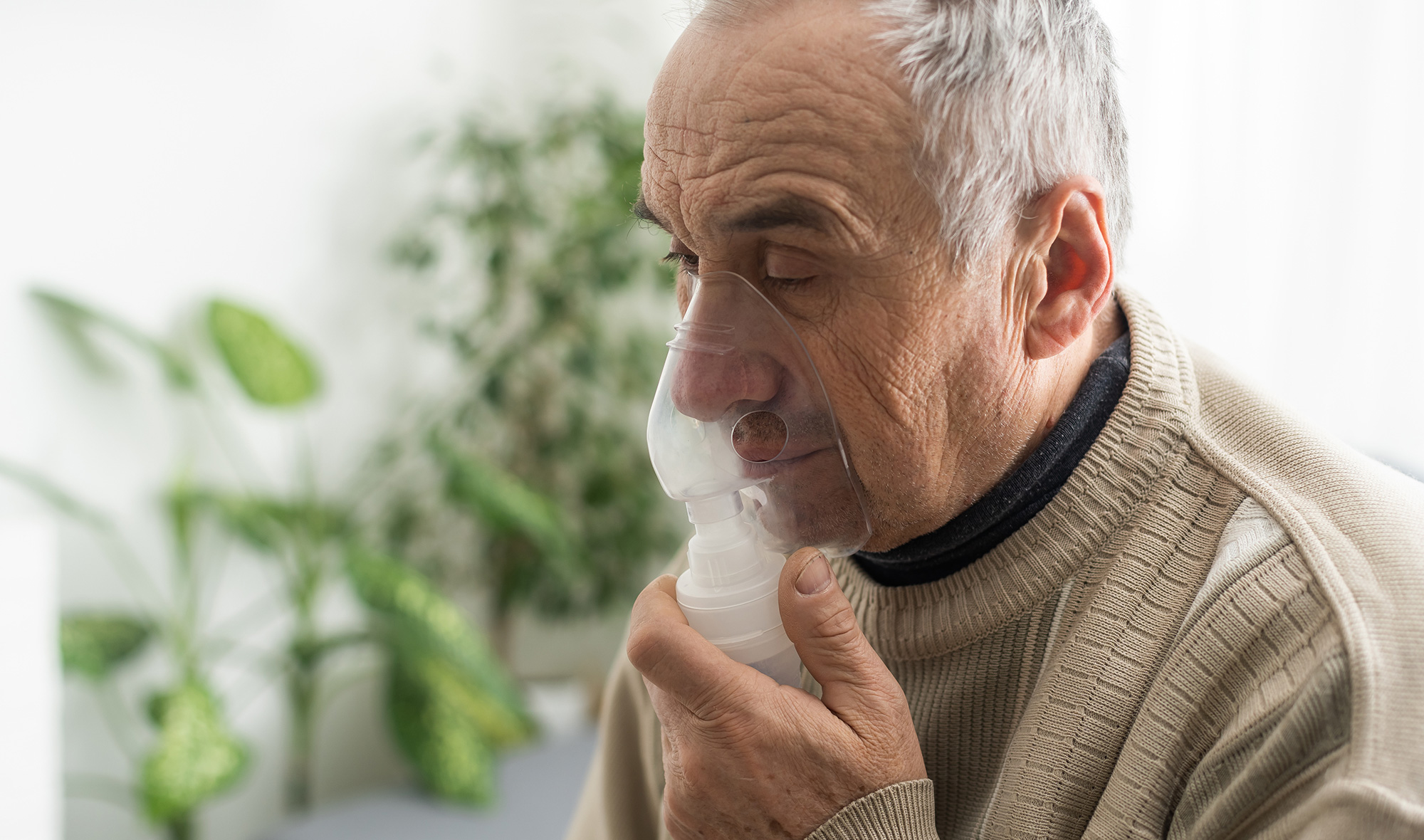Every year we have a day to remind people about asthma; how many of us suffer with it and how many New Zealanders die from it every year and what we can do to improve outcomes for our whānau and friends with asthma.
New Zealand has one of the highest rates of asthma in the world. We know that in New Zealand Māori and Pacifica peoples and those living in poverty are more likely to have asthma. People living in poverty tend to have worse health outcomes for most illnesses and asthma is no different.
Asthma is one of the most common causes of admission to hospital for children. On average, 77 New Zealanders die from asthma each year. Maori and Pacifica people and people living in deprived areas are about three times more likely to end up in hospital due to their asthma and three to four times more likely to die from an asthma attack compared to European patients.
What is asthma?
Asthma is a long-term condition that makes your airways more sensitive. It tends to run in families and can be associated with eczema and hayfever.
The sensitivity in the airways means that your lungs and breathing tubes can quickly become inflamed, swell up and make it difficult to breathe. Symptoms include coughing, wheezing and shortness of breath. Many people with asthma have permanently inflamed breathing tubes and just a slight increase in inflammation and sensitivity can be enough to make them very sick.
Nearly 600,000 people in New Zealand use asthma medication, including one in seven children and one in eight adults.
Common signs and symptoms of asthma include:
- Coughing – which may worsen at night
- Wheezing
- Chest tightness
- Shortness of breath
- Difficulty speaking (in more severe attacks)
- Blueness around the mouth (in more severe attacks)
If asthma is bad enough that it is difficult to speak or the person is going blue around the mouth, phone an ambulance.
Causes
Asthma is thought to be caused by a combination of genetics (inherited factors) and environmental (living) conditions. Factors that are known to make asthma worse include:
- damp, cold, mouldy housing
- pollens, house dust mites, animals, air pollution
- overcrowded housing
- higher rates of smoking
- strong perfumes
- low income affecting the ability to pay the cost of transport and cost of seeing a doctor
- people with reduced understanding of their health condition and their medicines
- some medicines (including non-steroidal anti-inflammatories)
- infections such as colds and influenza
What can we do?
The first thing to do is to be checked by the doctor if you feel like you or your child might have asthma. Asthma usually starts in childhood but can start at any age. Children often grow out of their asthma in their teens. For other people they don’t develop asthma until adulthood. The first symptoms might not be ‘wheeze’. Often it can start as a dry cough, that goes on and on.
Once diagnosed by your doctor as having asthma they will prescribe medicines for you depending on how often you are short of breath and how badly your breathing is affected. It is important to understand your medicines and to take them as your doctor explained. If you are not sure about your medicine instructions, ask your pharmacist to explain again.
In 2020 the New Zealand guidelines for treating asthma changed. Doctors now commonly prescribe combination inhalers. There are also a number of new inhalers that have come out in the last few years that significantly improve outcomes for people, for example having less asthma attacks, less severe asthma, less hospital admissions, less deaths.
It has been shown that even people with infrequent mild asthma symptoms will have long-term inflammation in airways. The new asthma guidelines and new inhalers are better at controlling your asthma. Using the new guidelines has been shown to result in less than half as many significant asthma symptoms.
If your inhalers have not changed for years, now is a good time to talk to your doctor about your inhalers and your asthma action plan.
Asthma Action Plan
An asthma action plan is your plan that helps you to take control of your asthma. The asthma plan is developed by your doctor. It gives you advice on when to increase your dose, change or add medicines depending on the symptoms you currently have.
Research shows that people who follow their Asthma Action Plan have better control over their asthma and reduced emergency visits. Recent research shows that only a third of children with asthma currently have an Asthma Action Plan.
Make sure everyone you know with asthma has an action plan; it may well save their life.
Final word
Because it is nearly winter, remember that most asthmatics taking preventer treatments for their asthma are eligible for free influenza vaccines. Ask your doctor about the flu vaccine when you go to talk about getting an asthma action plan and about reviewing your current inhalers.
Written by Linda Caddick
This blog provides general information and discussion about medicine, health and related subjects. The information contained in the blog and in any linked materials, are not intended nor implied to be a substitute for professional medical advice.

















Community